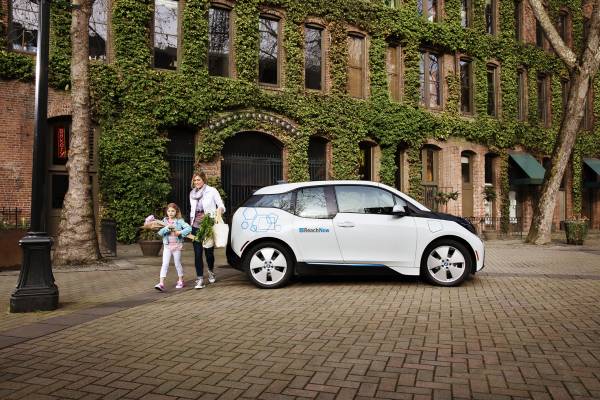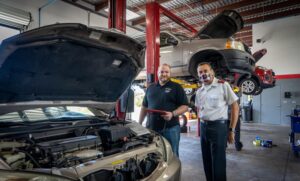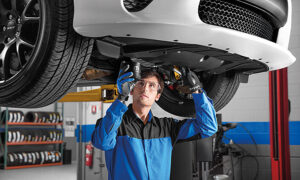
The sharing economy has been a game changer for various industries, and the automotive industry is no exception. The sharing economy refers to the trend of sharing resources, such as cars, houses, and even skills, to maximize usage and reduce costs. This has led to the development of car-sharing services, ride-sharing apps, and peer-to-peer car rental platforms that have disrupted the traditional car ownership model. Let’s explore how the sharing economy has impacted the automotive industry.
Car-Sharing Services

Car-sharing services have been around for over a decade and have gained popularity in recent years. These services allow users to rent a car for a short period, usually by the hour or day, without the hassle of owning a car. Car-sharing services have disrupted the traditional car rental industry, which requires users to rent a car for a minimum of 24 hours. Car-sharing services offer flexibility, convenience, and cost-effectiveness, making them an attractive option for people who live in urban areas and don’t need a car on a daily basis. Car-sharing services have also contributed to reducing traffic congestion and carbon emissions, as fewer cars are on the road.
Ride-Sharing Apps
Ride-sharing apps, such as Uber and Lyft, have revolutionized the way people travel. These apps allow users to request a ride from a nearby driver using their smartphone. Ride-sharing apps have disrupted the traditional taxi industry, which is heavily regulated and has higher fares. Ride-sharing apps offer convenience, affordability, and safety, making them an attractive option for people who want to avoid the hassle of driving or parking. Ride-sharing apps have also contributed to reducing traffic congestion and carbon emissions, as fewer cars are on the road.
Peer-to-Peer Car Rental Platforms
Peer-to-peer car rental platforms, such as Turo and Getaround, allow users to rent a car from another person. These platforms have disrupted the traditional car rental industry, which is dominated by large corporations. Peer-to-peer car rental platforms offer a wide variety of cars at lower prices, making them an attractive option for people who want to rent a car for a longer period. Peer-to-peer car rental platforms also allow car owners to earn extra income by renting out their cars when they are not using them.
Impact on the Automotive Industry

The sharing economy has had a significant impact on the automotive industry. Car-sharing services, ride-sharing apps, and peer-to-peer car rental platforms have reduced the demand for traditional car ownership, especially among younger generations who prioritize access over ownership. This trend has led to a decline in car sales and a shift towards mobility-as-a-service (MaaS) models. MaaS models refer to the trend of providing transportation services, such as car-sharing and ride-sharing, rather than selling cars. This shift has led to the development of new business models, such as car subscription services and autonomous vehicles.
The sharing economy has disrupted the automotive industry and has led to a shift towards mobility-as-a-service models. Car-sharing services, ride-sharing apps, and peer-to-peer car rental platforms have reduced the demand for traditional car ownership and have contributed to reducing traffic congestion and carbon emissions. The impact of the sharing economy on the automotive industry is likely to continue, as new technologies and business models emerge.





